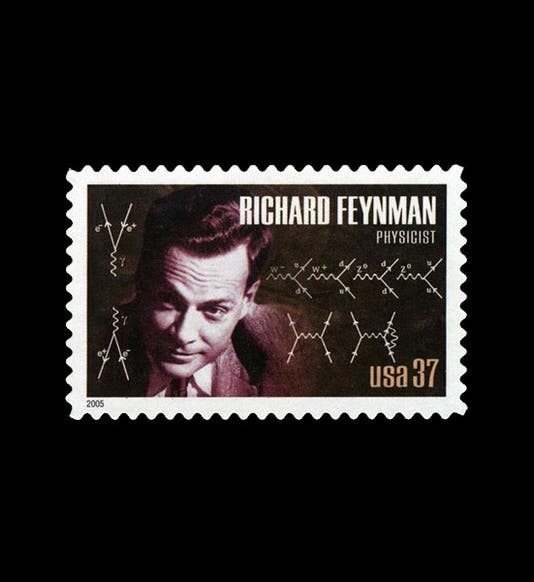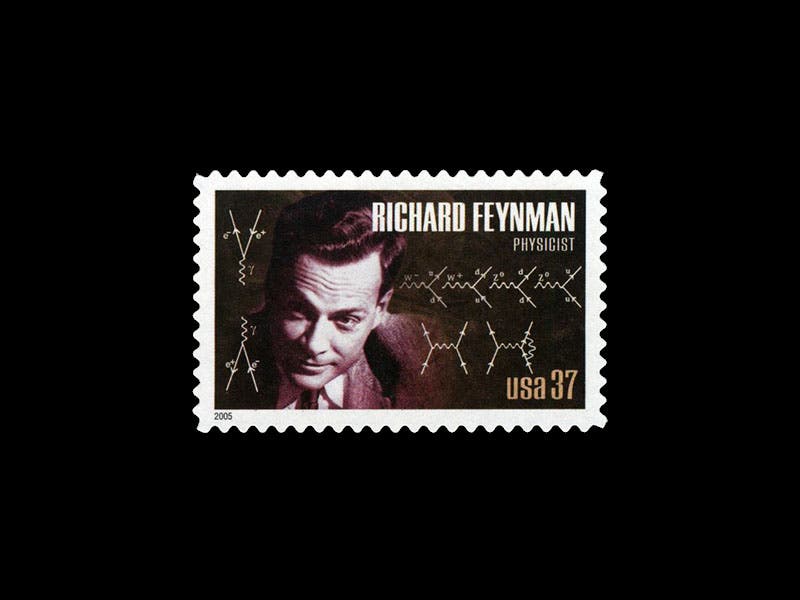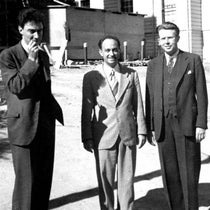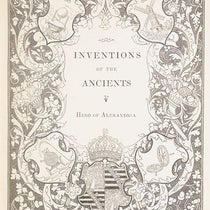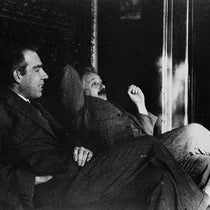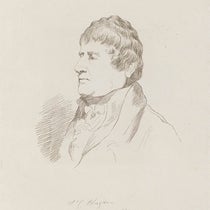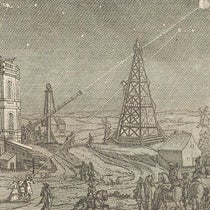Scientist of the Day - Richard Feynman
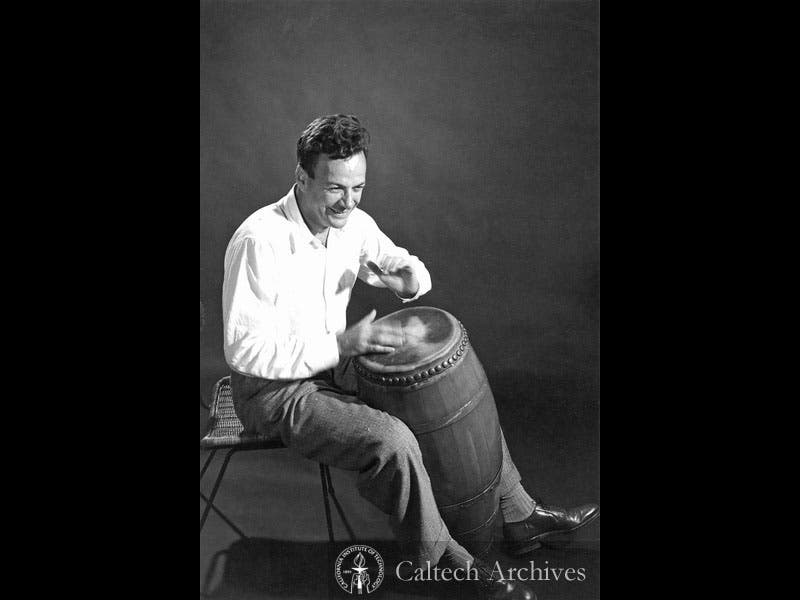
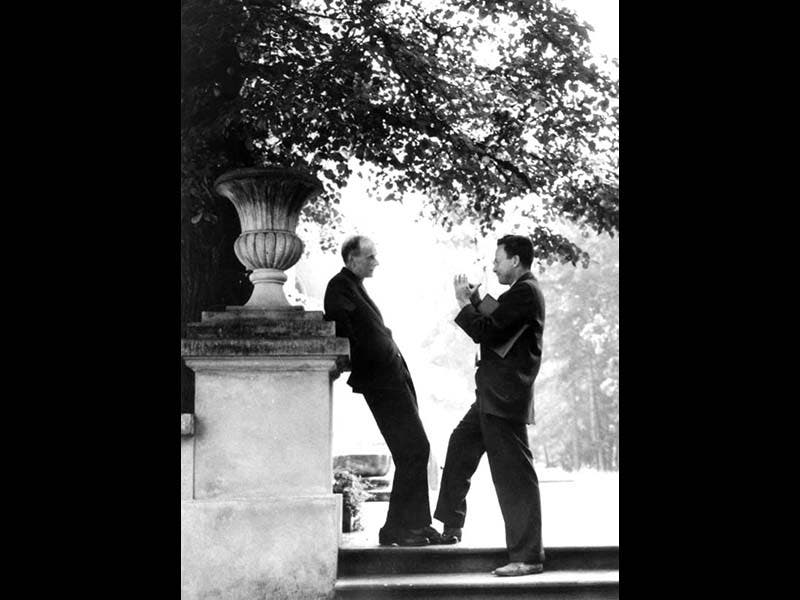
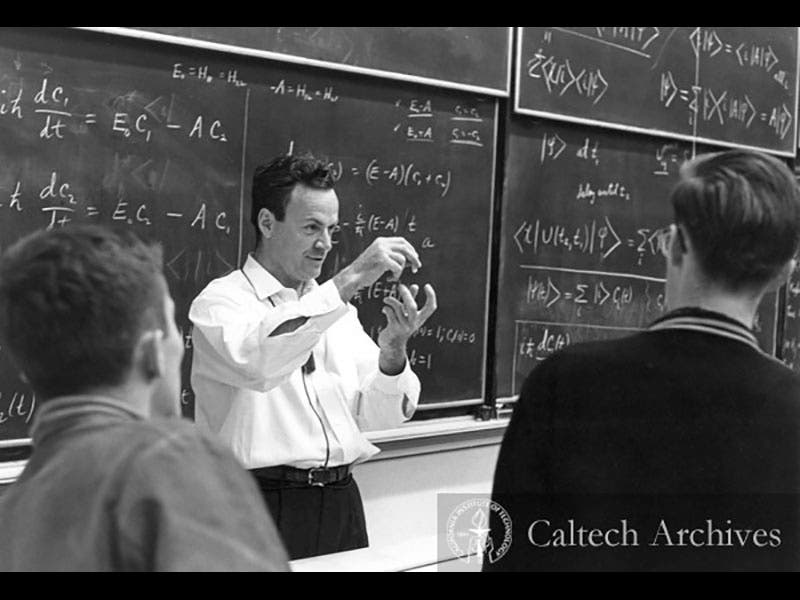
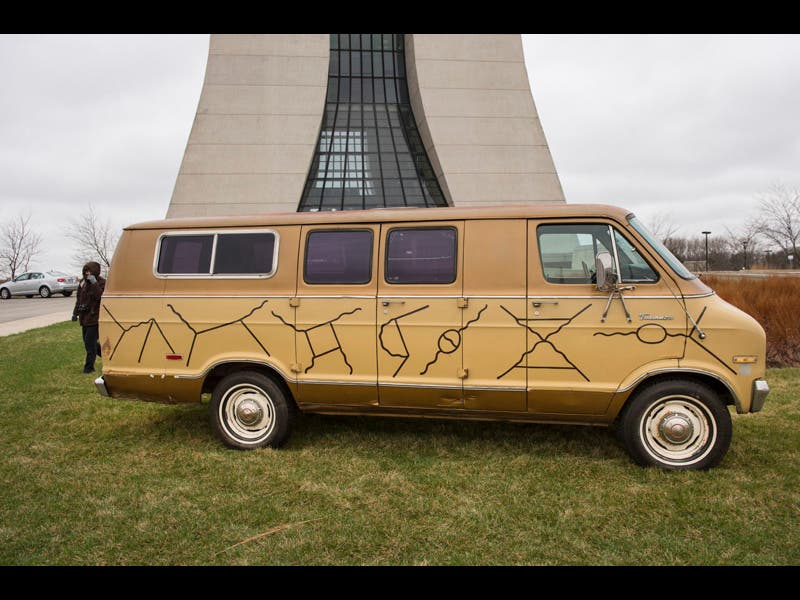
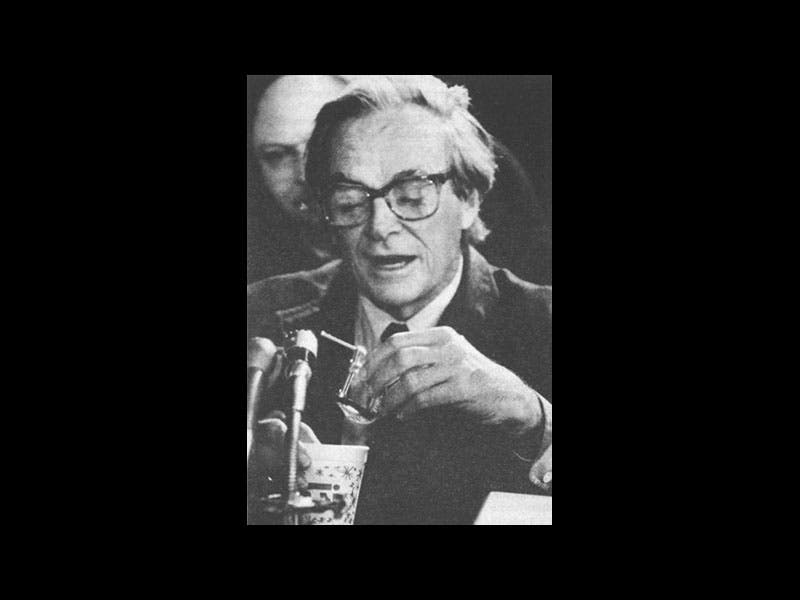
Richard Feynman, an American physicist, was born May 11, 1918. In addition to being an essential cog in the Manhattan project and the inventor of quantum electrodynamics (QED), Feynman was one of the most colorful physicists who ever lived. He played bongos at Pasadena parties (second image), learned to crack safes at Los Alamos, did physics calculations at strip clubs, and drove around town in an old van decorated with Feynman diagrams (fifth image). Feynman’s charm and playfulness might easily make you forget that he was one of the most brilliant physicists of the 20th century and one of very few who could chat with the likes of Paul Dirac on equal terms (third image). He was also extremely popular in the classroom at Cal Tech (fourth image).
Feynman was a member of the commission appointed to investigate the space shuttle Challenger disaster, and he was the only member with enough resolve to penetrate to the root of the problem, which was the huge gulf that existed between engineers, who understood the problems and dangers, and management, who did not talk to the engineers. Who can forget Feynman dunking a small C-clamp holding an O-ring in a glass of ice water in front of live cameras at a Challenger commission meeting, noting that it turned rock hard when chilled, and then commenting: “I believe this has some significance for our problem" (sixth image).
Feynman won the Nobel Prize in 1965, and in 2005, he was one of four American scientists chosen for a commemorative stamp series issued by the U.S. Postal Service (first image). You can still use it, if you have a 12c stamp to paste on alongside. Both of Feynman's quasi-autobiographies, Surely You're Joking, Mr. Feynman (1985), and What Do You Care What Other People Think? (1988) are eminently readable and thoroughly enjoyable to this day.
Dr. William B. Ashworth, Jr., Consultant for the History of Science, Linda Hall Library and Associate Professor, Department of History, University of Missouri-Kansas City. Comments or corrections are welcome; please direct to ashworthw@umkc.edu.

